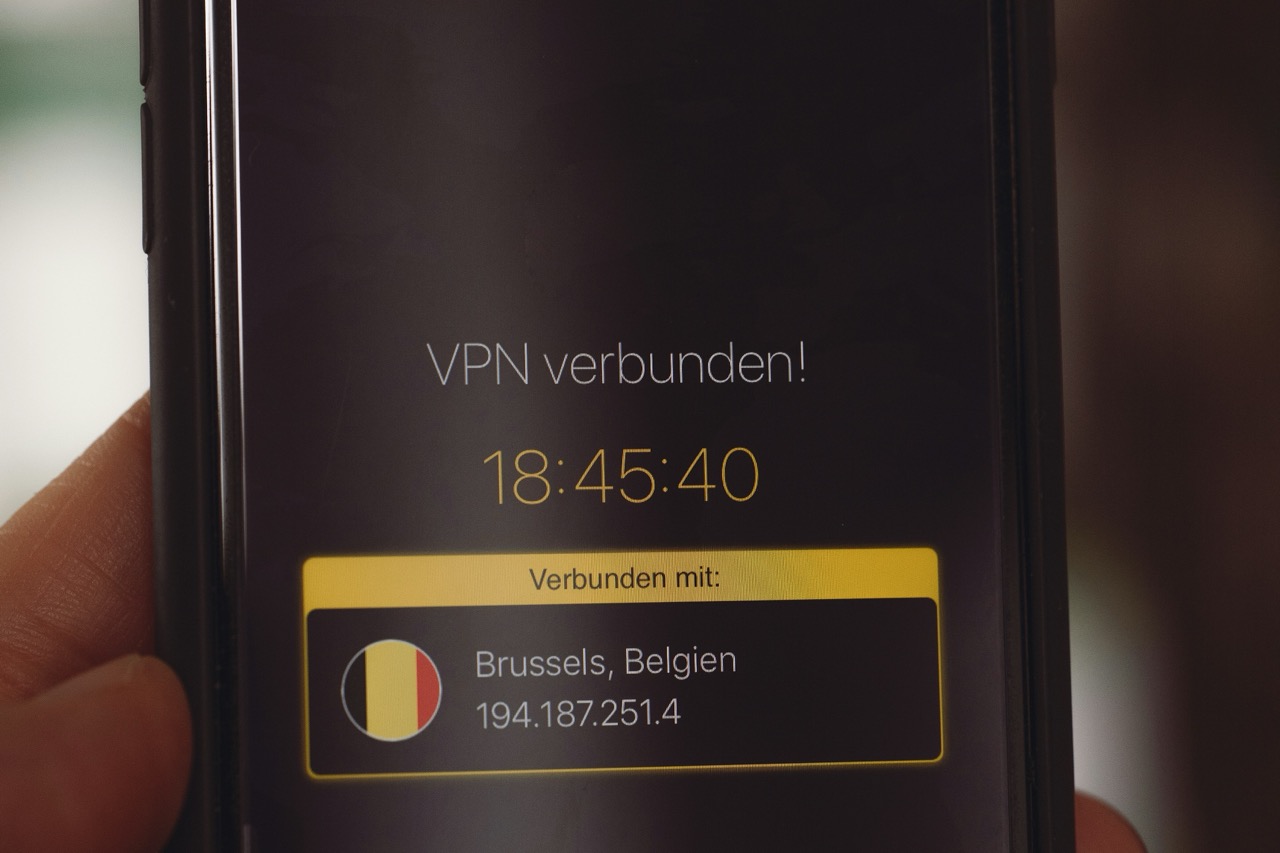In an increasingly interconnected world, Virtual Private Networks (VPNs) have emerged as essential tools for privacy and security, especially in restrictive regimes where internet censorship prevails. VPNs provide users with a means to circumvent geographical restrictions, ensuring access to information and communication that may otherwise be blocked. However, the question of their safety and efficacy in authoritarian environments remains contentious. This article explores the mechanisms of VPN technology, evaluates the security features of popular VPN services, assesses the risks associated with their usage in restrictive regimes, discusses legal implications, offers strategies to enhance safety, and considers future trends in VPN technology.
Understanding VPN Technology and Its Mechanisms of Action
VPN technology works by creating a secure, encrypted tunnel between a user’s device and a remote server operated by the VPN provider. This encryption means that data transmitted over this tunnel is shielded from third-party surveillance, including Internet Service Providers (ISPs) and government entities. When users connect to a VPN, their IP address is masked, making it appear as though they are accessing the internet from the location of the VPN server rather than their physical location. This is crucial for accessing geo-restricted content and for maintaining anonymity online.
The core mechanism of VPNs consists of tunneling protocols and encryption standards. Common tunneling protocols like OpenVPN, IKEv2/IPsec, and L2TP provide varying levels of security and speed. These protocols dictate how data is packaged and transmitted across the internet, while encryption standards such as AES-256 ensure that even if data packets are intercepted, they remain unreadable. The choice of both protocol and encryption method can significantly influence the overall security and performance of a VPN.
Moreover, VPN services often incorporate additional features such as kill switches, DNS leak protection, and split tunneling. A kill switch disconnects the user from the internet if the VPN connection drops, preventing any data leaks. DNS leak protection ensures that DNS queries remain within the VPN tunnel, further safeguarding user privacy. Split tunneling allows users to choose which applications or data should go through the VPN, offering flexibility while maintaining a degree of security.
Evaluating the Security Features of Popular VPN Services
When choosing a VPN service, it is essential to evaluate its security features critically. Popular VPNs like NordVPN, ExpressVPN, and Surfshark are often lauded for their strong security protocols, user-friendly interfaces, and comprehensive privacy policies. NordVPN, for instance, utilizes Double VPN technology, which routes traffic through two servers for an added layer of encryption. ExpressVPN is noted for its TrustedServer technology, which runs servers on volatile memory, ensuring that no data persists after the server is turned off.
Moreover, effective logging policies are a cornerstone of VPN security. Reputable VPN providers often adopt a no-logs policy, meaning they do not store any data regarding user activity. This is particularly advantageous in restrictive regimes, where government surveillance is prevalent. However, users should scrutinize the VPN’s privacy policy and terms of service to ensure that their data is not retained or shared with third parties.
While advanced features and strong encryption are crucial, user experience is also an important consideration. A VPN that is difficult to configure or slow in performance may discourage users from adopting it, especially in high-pressure situations. Therefore, the balance between robust security measures and user-friendly design is pivotal in evaluating the appropriateness of a VPN service for use in restrictive environments.
Risks of Using VPNs in Authoritarian Environments
Despite their protective benefits, using VPNs in authoritarian regimes poses significant risks. Governments have increasingly developed sophisticated tools for identifying and blocking VPN traffic. Techniques such as Deep Packet Inspection (DPI) can analyze data packets to identify VPN protocols, leading to service interruptions or outright bans. Users may find themselves unable to connect to their VPN or, worse, face repercussions for attempting to bypass censorship.
Additionally, the risk of exposure is heightened if the VPN provider is not trustworthy or has a questionable privacy policy. Some VPN services might retain user data or cooperate with government agencies, inadvertently compromising the very privacy users sought to achieve. In restrictive regimes, even the use of a VPN can attract unwanted attention from authorities, leading to surveillance or penalties for users perceived as dissidents.
Lastly, reliance on a VPN might create a false sense of security. Users may believe that simply connecting to a VPN will grant them complete anonymity and freedom, potentially leading them to engage in riskier online behavior. This complacency can undermine efforts to protect personal data and privacy, making it crucial for users to remain vigilant and informed about the limits of VPN effectiveness in their respective environments.
Legal Implications of VPN Usage in Restrictive Regimes
The legality of VPN use varies significantly across different regions and regimes. In some authoritarian states, using a VPN is explicitly prohibited, with severe consequences for those caught circumventing state-sponsored censorship. This might include heavy fines, imprisonment, or other punitive measures. Countries like China, Iran, and Russia have stringent regulations against unauthorized VPN services, and users may be penalized for utilizing these tools without government approval.
VPN providers often face legal challenges as well, particularly regarding their obligation to comply with local laws. In some instances, they may be required to log user data or provide access to authorities upon request. This creates a significant dilemma for VPN services operating in or targeting users in restrictive regimes: balancing compliance with local laws while maintaining user privacy and trust.
Thus, users in restrictive environments should be acutely aware of the legal landscape regarding VPN usage. Engaging in informed discussions and seeking out VPNs that prioritize user privacy and are committed to resisting government surveillance can mitigate some of the risks involved. However, users must ultimately weigh the potential legal repercussions against their need for privacy and freedom of access.
Strategies for Enhancing VPN Safety Under Surveillance
To maximize the safety of VPN usage in surveilled environments, users should consider employing multi-layered security strategies. One effective approach is to use obfuscated servers, which disguise VPN traffic as regular internet traffic, making it harder for authorities to detect and block. Many reputable VPN providers offer this feature, which can be critical in environments with aggressive VPN blocking mechanisms.
Enabling additional security features, such as a kill switch and DNS leak protection, is also paramount. The kill switch ensures that if the VPN connection drops unexpectedly, internet traffic is halted, preventing any data leaks. By configuring the VPN to use private DNS servers, users can minimize the risk of DNS leaks, where queries might otherwise expose their browsing habits to ISPs or government surveillance.
Regularly updating VPN software and using the latest protocols can also enhance security. This includes not only the VPN client but also the operating system and applications on the device. Keeping software updated ensures that users benefit from the latest security patches and features, reducing vulnerabilities that could be exploited by surveillance entities.
Future Trends in VPN Technology and User Privacy Protection
As concerns about privacy and surveillance grow, VPN technology is likely to evolve rapidly. One potential trend is the increased integration of machine learning and artificial intelligence to enhance security features. These technologies could help detect abnormal patterns in data traffic, allowing VPN providers to proactively address potential threats from government surveillance or cyberattacks.
Furthermore, with the rising demand for privacy, there may be a shift towards decentralized VPN solutions. These services aim to distribute the network across multiple servers and users, reducing reliance on centrally controlled servers. Such an architecture could enhance resilience against censorship and improve user anonymity, making it more difficult for authorities to identify and block users.
Lastly, the future of VPN technology will likely see an emphasis on transparency and user control. As users become more knowledgeable about privacy issues, demand for clear and comprehensive privacy policies will increase. VPN providers that prioritize transparency in how they handle user data and cooperate with external audits will likely gain a competitive advantage in the market, catering to an audience increasingly concerned about their digital footprints.
In conclusion, while VPNs serve as powerful tools for enhancing privacy and circumventing censorship, their safety in restrictive regimes is nuanced and multifaceted. Users must weigh the risks, legal implications, and the reliability of VPN services before committing to their use. By understanding VPN technology, evaluating service features, and employing robust security strategies, individuals living under authoritarian regimes can better navigate the complexities of online privacy. As VPN technology continues to evolve, the quest for greater user privacy protection remains a critical battleground in the fight for digital freedom.










